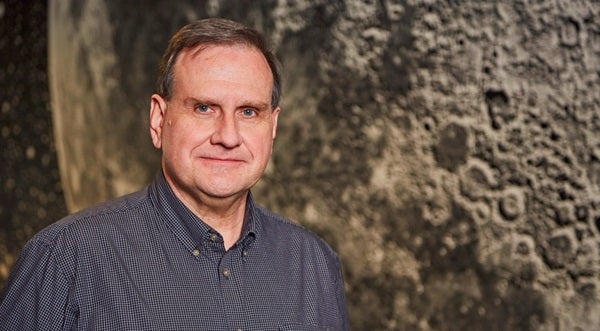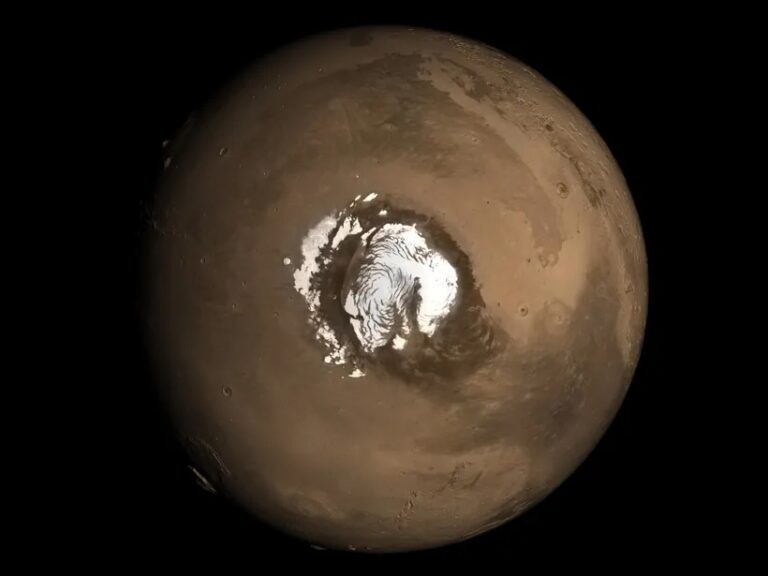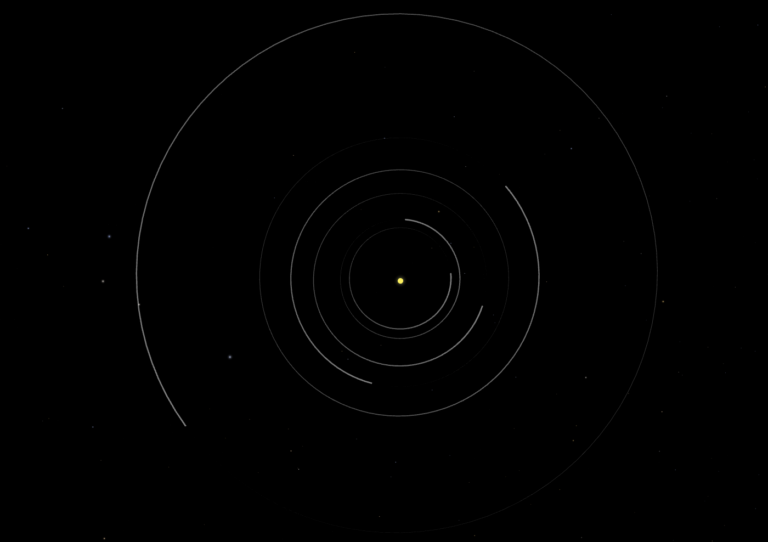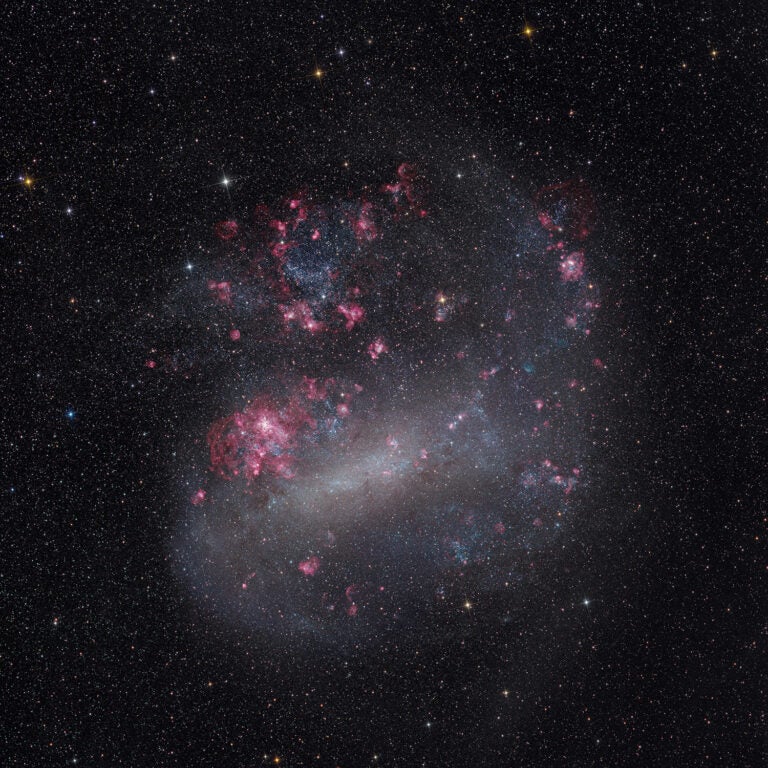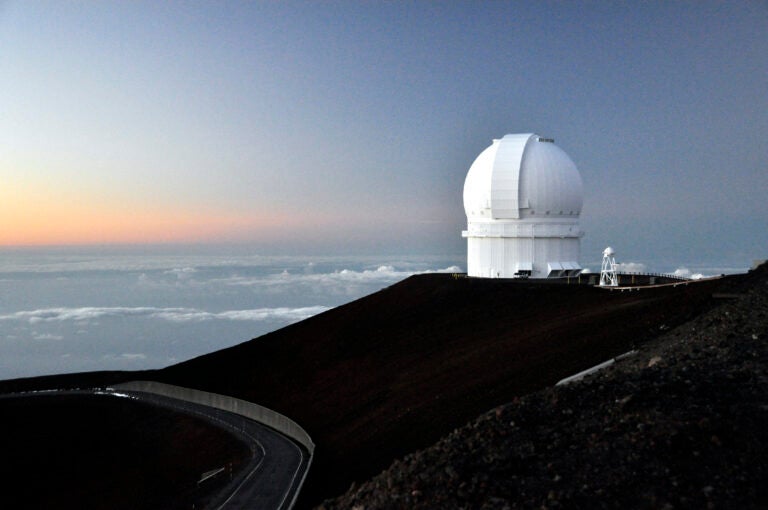Spudis was a senior staff scientist and former deputy directory at the Lunar and Planetary Institute in Houston, where he was integral to the success of both NASA’s Moon-mapping Clementine mission and India’s Moon-impacting Chandrayaan-1 mission, as well as many others.
“I’m saddened to hear of the passing of Paul Spudis,” tweeted NASA Administrator Jim Bridenstine on Wednesday night. “Paul had a profound impact on my life and his loss will be felt throughout the space community. My prayers are with his family.”
Spudis was not only known for his contributions to a wealth of lunar exploration projects, he also vehemently wanted humans to return to the Moon.
“I think the Moon is an enabling asset,” Spudis said in his acceptance speech for the 2016 Columbia Medal, an award given for “sustained outstanding contribution” to the advancement of aerospace, sciences, and technology.
“In fact, it’s a gateway to the universe,” he added, “because the things we’re going to do on the Moon are going to help us colonize and move out into the solar system. It’s the ideal place to learn these skills.”
His death comes as NASA shifts their focus back to the Moon.
In December 2017, President Trump signed Space Policy Directive 1, which calls for American astronauts to return to the Moon for the first time since Apollo 17 left the lunar surface in 1972. “This time,” Trump said, “we will not only plant our flag and leave our footprints, we will establish a foundation for an eventual mission to Mars, and perhaps someday, to many worlds beyond.”

